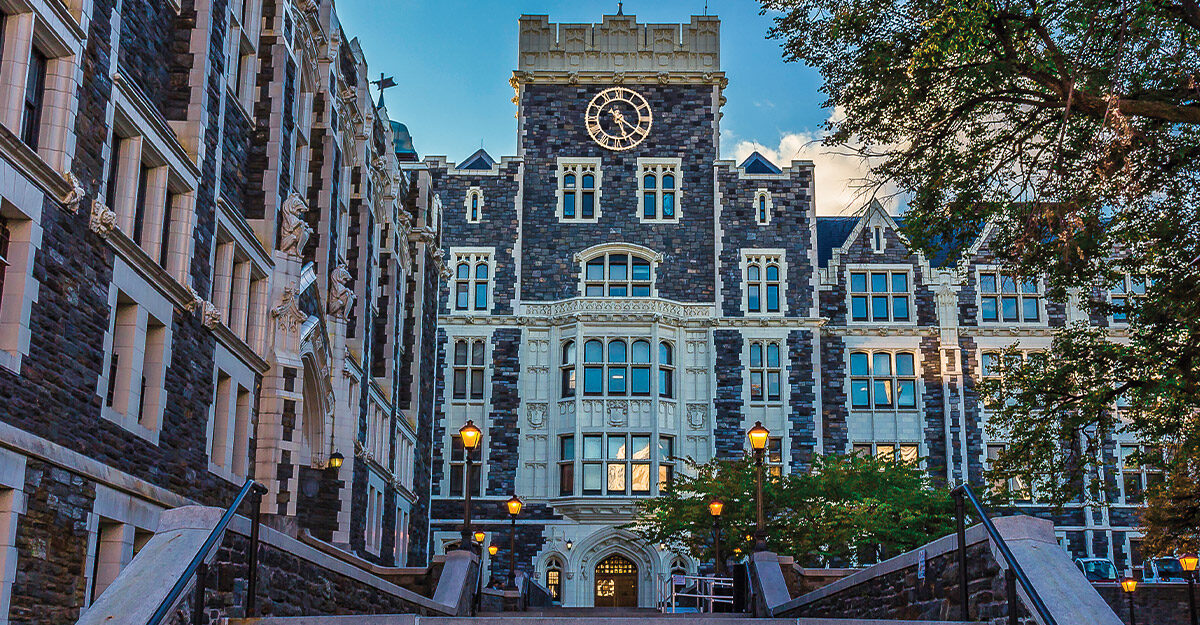Learning Outcome #1: Explore and analyze, in writing and reading, a variety of genres and rhetorical situations.
I have achieved this through our assignments and homework. To demonstrate learning outcome #1. I will write about my process of exploring and analyzing articles from by NYT Science Section Response & Summary Assignment. I will also talk about my Scientific Rhetorical Analysis Report. For the NYT Science Section Response & Summary assignment, we had to pick out two articles. After hours of looking and changing my mind, I finally picked “Watch Scientists Brew their own Lava” and “Texas Blackout Point to Coast-to-Coast Crisis Waiting to Happen”. I had to read the articles in-depth and analyze them. To understand what the message was and what they were trying to convey to the audience. For both the articles, I had to dig deeper into the text to understand it and then to put it into my own words. My next task was to write about them what I learned and what they put into it. It was hard in the beginning to put everything I learned into words but as I kept going it got easier and easier. As I wrote it down, I was understanding why these scientists wrote this article and what their purpose was. I understood what they were trying to convey to their target audience. For the Scientific Rhetorical Analysis Report, we had a similar task. The task was to pick out a topic and find an article that you like and then do a rhetorical analysis for it. I picked “The Impact of Climate Change on Cultural Security”. I had never heard of this argument before but that is why I picked it. It was a new and a different kind of genre. After I read the article, which was very dense, I had to read it again and again till I finally understood it. It was very interesting to learn about this new topic, but it was much more fun to do the rhetorical analysis. The rhetorical analysis gave me a better insight on the topic as it went in-depth as to what the authors went through while writing it. It helped me get a more detailed view of what goes on behind publishing a scientific article. I also realized that rhetorical situation is in everything not only writing. We watched a documentary in class about the vanishing bees and a rhetorical situation was present there as well. We always had to think about why the writer wrote this, who is the audience, what is he/she trying to say and how did he/she construct this for us. We have always had to keep this in mind for every assignment since it made the work easier. I will always have the rhetorical situation in my mind whenever I write anything since it is a very efficient way of getting things done.


